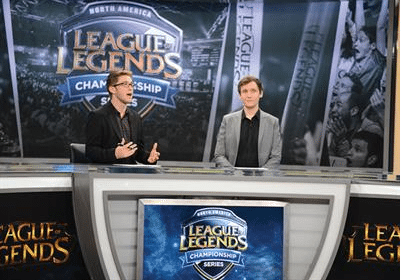Over the last few years, eSports has become a multi-billion dollar global industry. Research has confirmed 76% of eSports enthusiasts’ state that the eSports viewing has taken over their time in which they watch sports. This is the reason why the “real” sports world is increasing investment into eSports.
And recently, the Philadelphia 76ers confirmed the statistics about increasing investments when it became the first and foremost North-American-franchise to buy an eSports team.
The trend to buy an eSports team was soon followed by several other investment groups including multi-eSport-franchise, Team Liquid.
So, it is clearly evident that the sports world is taking notice of its digital cousin and standing up for it. ESports viewers are generally young and are very valuable for marketers.
As the media is attempting to mold sustainable business models, eSports companies have started diversifying where the money is coming from. Considering the size and commercial appeal of its audience, the real gold mine for eSports is media rights. ESports have a worldwide audience, and digital viewership for telecasting these events can generate huge revenue.
ESports Viewership on Social Media:
According to the founder of complexity Gaming, Jason Lake, the battle for media rights in eSports has global ramifications because billions of dollars are in the balance at present.
To monetize this platform heavily, game publishers, tournament organizers, and teams themselves are experimenting so that they can figure out the most profitable way of maximizing value and exposure. Online streaming has emerged out as one such opportunity to reach their goals.
A range of broadcasters and streamers has shown intense interest in the eSports. From Facebook to YouTube and Twitch, various well-known e-platforms have signed exclusive deals of their own with eSports companies.
Traditional broadcasters are also showing interest in streaming eSports but they are yet to prove their stronghold in the category.
For eSports right holders, the best way to earn exclusive rights for telecasting a high-demand tournament would be to have a bidding war. They can also bid on a game or a star player’s practice time and sponsored videos.
However, exclusivity will make it tough for starters to earn rights for the tournaments. Thus, exclusivity is a bad tradition in the gaming community including both real world and digital world sports.
The drawbacks of exclusivity have given rise to a relatively newer trend of tiered, semi-exclusive approach. No matter how the media rights are earned, eSports is making it big from a digital viewership standpoint.
Get the full article here.
 (979) 488-5500
(979) 488-5500
